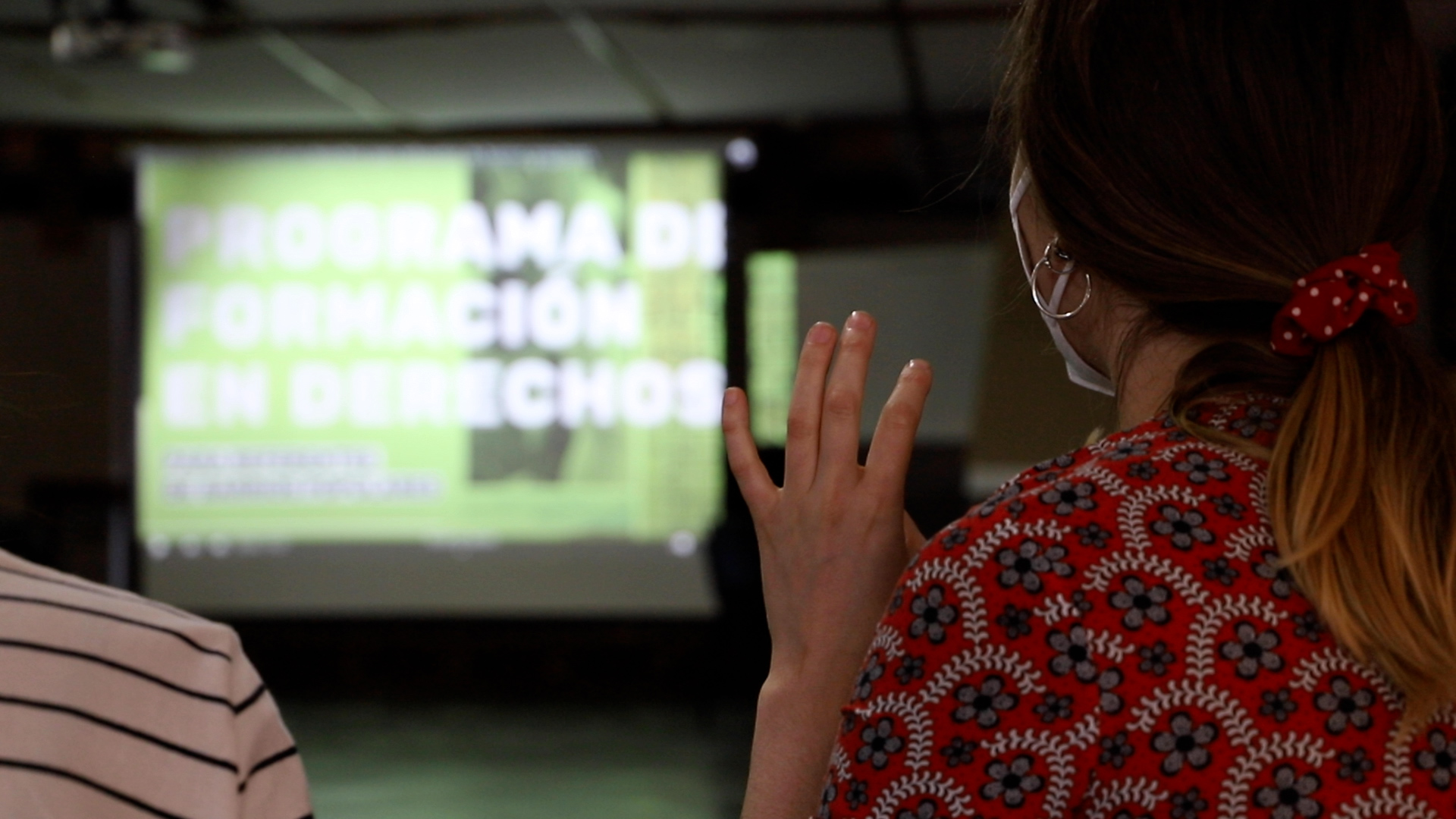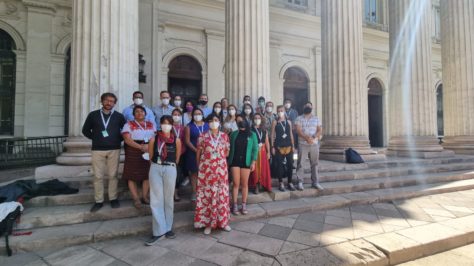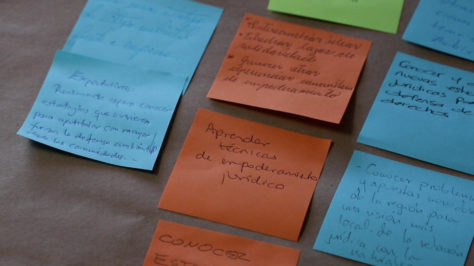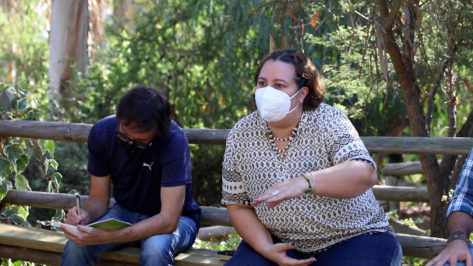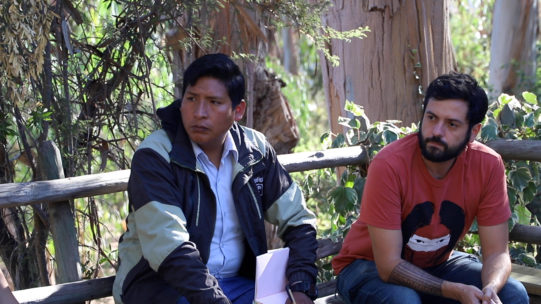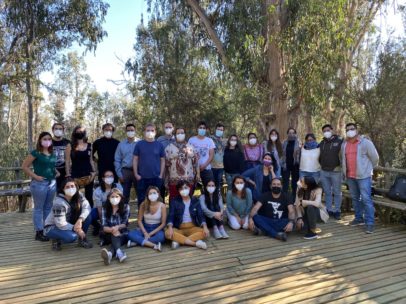Learning Exchange: Legal Empowerment to Address Environmental Injustices in Latin America
In April 2022, the Legal Empowerment Network and Fiscalía del Medio Ambiente (FIMA) hosted a learning exchange for members from across Latin America.
A total of 18 representatives from 10 countries across the region gathered near Santiago de Chile for the exchange, which went by the title “Empoderamiento jurídico para abordar injusticias ambientales en América Latina” (Legal Empowerment to Address Environmental Injustices in Latin America).
Participating organizations use legal empowerment approaches to defend and protect the environment and natural resources, alongside indigenous, afro-descendant, rural and urban communities who face environmental injustices and basic rights violations.
Over the course of 5 days, the participants shared experiences and work strategies, identified common challenges and outlined possible next steps in the region.
The exchange included sessions on legal empowerment methods, access rights, the Escazú Agreement, power relations and protection, as well as the opportunity to get to know more about Chile’s constitutional process, which is a clear historical example of how to shape the law.
This was the first in-person event of the Legal Empowerment Network in Latin America since the pandemic started, and the atmosphere was vibrant. The exchange was also the first thematic regional learning exchange, and a foundational step towards jointly building a regional agenda on legal empowerment and environmental justice in the region.
Participants
-
Anita Peña Saavedra, Mujeres de Zona de Sacrificio en Resistencia de Quintero y Puchuncaví – MUZOSARE (Chile)
-
Cussi Alfredo Alegria Almeida, Derecho, Ambiente y Recursos Naturales – DAR (Peru)
-
Daniel Lopes Faggiano, Instituto Maíra (Brazil)
-
Donald Hernández Palma, Centro Hondureño de Promoción Para el Desarrollo Comunitario – CEHPRODEC (Honduras)
-
Esteban Mario Macce Escalante, CooperAcción (Peru)
-
Fabiola Vite Torres, Centro de Derechos Humanos Zeferino Ladrillero (Mexico)
-
Felipe Pino y Macarena Martinic, Fiscalía del Medio Ambiente – FIMA (Chile)
-
Florencia Díaz Peccinetti, Xumek, Asociación para la Promoción y protección de Derechos Humanos (Argentina)
-
Guido Lautaro Costantini, Proyecto de Derechos Económicos, Sociales y Culturales AC – ProDESC (Mexico)
-
Itzel Silva Monroy, Fundar Centro de Análisis e Investigación, A.C. (Mexico)
-
Juan Bautista López, Fundación para el Desarrollo de Políticas Sustentables – FUNDEPS (Argentina)
-
Juliana Bravo Valencia, EarthRights International (Peru)
-
Laura Palmese Hernández, Instituto de Derecho Ambiental de Honduras – IDAMHO (Honduras)
-
Laura Santacoloma, Dejusticia (Colombia)
-
Luis Alonso González Ayala, Unidad Ecológica Salvadoreña – UNES (El Salvador)
-
María Alejandra Aguilar, Asociación Ambiente y Sociedad (Colombia)
-
Natalia Paola Rodríguez Olmedo, Tierraviva a los Pueblos Indígenas del Chaco (Paraguay)
-
Sebastián Pilo, Asociación Civil por la Igualdad y la Justicia – ACIJ (Argentina)
-
Zonia Zacarías, Consejo de Mujeres Indígenas y Biodiversidad – CMIB (Guatemala)

